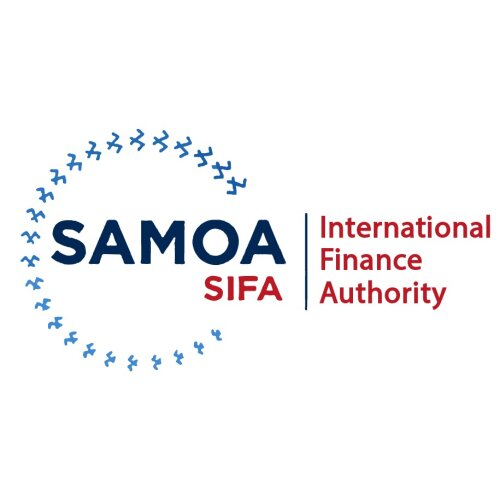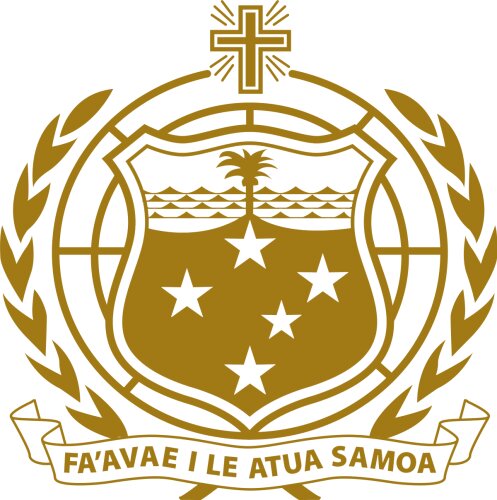Best Private Equity Lawyers in Apia
Share your needs with us, get contacted by law firms.
Free. Takes 2 min.
List of the best lawyers in Apia, Samoa
About Private Equity Law in Apia, Samoa
Private Equity (PE) refers to investments made into privately held companies that are not listed on a public stock exchange. In Apia, Samoa, the private equity sector is evolving in line with the growing interest of local and international investors in emerging markets. Samoa's strategic location, developing regulatory environment, and investment incentives have made Apia an emerging location for private equity activities. However, the legal landscape is complex due to a mix of local company laws, foreign investment regulations, and sector-specific requirements.
Why You May Need a Lawyer
Engaging in private equity transactions in Apia, Samoa, involves navigating a number of legal and regulatory considerations. A qualified lawyer can help you address the following situations:
- Structuring private equity deals and choosing appropriate business entities
- Negotiating and drafting investment agreements
- Conducting legal due diligence on target companies
- Ensuring compliance with foreign investment rules
- Advising on employment and environmental regulations affecting investments
- Navigating local tax considerations and incentives
- Handling disputes arising from private equity transactions
- Adhering to anti-money laundering and anti-corruption measures
A lawyer familiar with Samoan private equity law can help you mitigate risks, protect your interests, and ensure compliance throughout the investment lifecycle.
Local Laws Overview
Samoa's private equity framework is influenced by several key pieces of legislation and regulatory practices:
- Companies Act 2001 - Governs the formation, management, and dissolution of companies. This Act specifies the requirements for incorporating entities and sets out directors' duties and reporting obligations.
- Foreign Investment Act 2000 - Mandates that foreign investors register with the Ministry of Commerce, Industry and Labour (MCIL), and outlines restricted and reserved areas of business.
- Securities Act 2006 - Regulates the offering, trading, and disclosure requirements related to securities. Required for private placements and any public capital-raising activities.
- Anti-Money Laundering and Countering Financing of Terrorism Act 2007 - Imposes due diligence and reporting obligations on financial transactions, including private equity deals.
- Tax Laws - Investors may be eligible for incentives under the Income Tax Act and other regulations, but must comply with tax filings and disclosures.
In addition, there may be sector-specific regulations, such as those governing financial services, fisheries, and tourism, which can affect private equity activity in Apia.
Frequently Asked Questions
What is private equity and how does it operate in Samoa?
Private equity involves investment into companies that are not traded on public stock exchanges, often through purchasing equity or debt instruments. In Samoa, such investments are commonly used for business expansion, restructuring, or management buyouts.
Can foreigners invest in private equity in Apia, Samoa?
Yes, foreign investors are allowed to participate in private equity in Apia, but must comply with registration requirements under the Foreign Investment Act and may be restricted from certain reserved sectors.
What is the process for setting up a private equity fund or investment in Apia?
Typically, you must register a company with the Samoa Ministry of Commerce, Industry and Labour. Legal counsel can help you draft necessary constitutional documents, negotiate investment terms, and ensure compliance with both local company and investment laws.
Are there restrictions on foreign ownership of businesses?
Certain business activities are reserved for Samoan citizens or subject to special restrictions. A lawyer can help determine if your proposed investment falls within those reserved or restricted categories and assist with compliance.
What due diligence should be done before a private equity investment?
Legal due diligence assesses a target company's ownership structure, contracts, intellectual property, compliance records, and any outstanding liabilities. This helps investors mitigate risks and make informed decisions.
How are private equity agreements structured in Samoa?
Agreements typically outline the investment amount, ownership percentages, governance rights, exit mechanisms, and other terms. Local legal counsel is essential to ensure these agreements comply with Samoan law and protect your interests.
What are the key tax considerations for private equity in Samoa?
Samoa offers certain tax incentives to both local and foreign investors. However, investors should carefully evaluate obligations related to income tax, capital gains, withholding taxes, and filing requirements with the Ministry for Revenue.
What are common exit strategies for private equity investors?
Typical exit strategies include trade sales, buybacks, public offerings, or secondary sales to other investors. Each exit route has specific legal, regulatory, and tax implications in Samoa.
How are private equity disputes handled?
Disputes are generally resolved through negotiation, mediation, or in the Samoan courts. Some agreements may specify arbitration or alternative dispute resolution mechanisms.
Do private equity transactions in Samoa require regulatory approval?
Certain transactions, especially those involving foreign investors or regulated sectors, may require approval or notification to relevant authorities. Legal advice is recommended to ensure all approvals are in place.
Additional Resources
Several government offices and organizations may be able to assist investors or provide authoritative guidance:
- Ministry of Commerce, Industry and Labour (MCIL) - Registrar of Companies and regulator for business registration and foreign investment
- Central Bank of Samoa - Regulates financial sector transactions and anti-money laundering compliance
- Ministry for Revenue - Responsible for taxation, customs, and incentives
- Samoa Chamber of Commerce and Industry - Provides networking opportunities and business support for investors
- Local law firms specializing in corporate, investment, and commercial law
Next Steps
If you are considering private equity investment or need legal assistance in Apia, Samoa, here are recommended steps:
- Identify your investment objectives and assess preliminary suitability of Samoa as a target market
- Consult a qualified Samoan legal practitioner with experience in private equity and investment law
- Gather relevant information about your target business, proposed structure, and potential partners
- Review applicable local laws, registration processes, and reporting obligations with your lawyer
- Seek professional advice on tax, regulatory approvals, and compliance issues before committing funds
- Ensure all investment agreements, disclosure documents, and compliance checks are prepared and vetted by legal counsel
- Maintain ongoing communication with local authorities and advisors throughout the investment lifecycle
Engaging knowledgeable legal support from the start is the most effective way to ensure a smooth and compliant private equity investment process in Apia, Samoa.
Lawzana helps you find the best lawyers and law firms in Apia through a curated and pre-screened list of qualified legal professionals. Our platform offers rankings and detailed profiles of attorneys and law firms, allowing you to compare based on practice areas, including Private Equity, experience, and client feedback.
Each profile includes a description of the firm's areas of practice, client reviews, team members and partners, year of establishment, spoken languages, office locations, contact information, social media presence, and any published articles or resources. Most firms on our platform speak English and are experienced in both local and international legal matters.
Get a quote from top-rated law firms in Apia, Samoa — quickly, securely, and without unnecessary hassle.
Disclaimer:
The information provided on this page is for general informational purposes only and does not constitute legal advice. While we strive to ensure the accuracy and relevance of the content, legal information may change over time, and interpretations of the law can vary. You should always consult with a qualified legal professional for advice specific to your situation.
We disclaim all liability for actions taken or not taken based on the content of this page. If you believe any information is incorrect or outdated, please contact us, and we will review and update it where appropriate.












